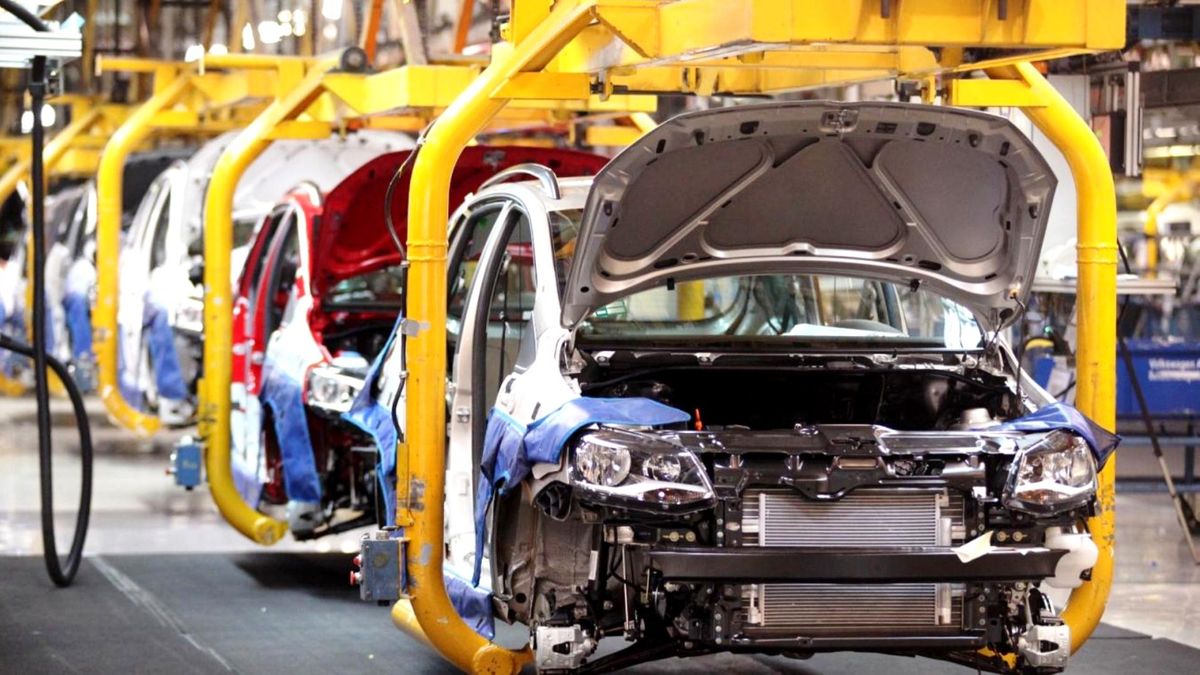In the month of July, in relation to the average of the second quarter of 2021, 47% of auto parts companies had an increase in domestic demand (It was 32.8% for the industry average) and in 45% of the companies, sales remained constant compared to the second quarter of this year (it was 44.3% for the total industry). Sales of 8% of auto parts companies decreased, while for the rest of the industry they decreased by 23% of companies.
50% of the auto parts companies surveyed project that their sales abroad will increase compared to 2019. 25% had indicated that exports had fallen, while they did not vary for 25% of the firms in the sector. Exports of auto parts showed an increase of 47% in six months of 2021.
“Although the reduction of duties for incremental exports is a positive measure, it is also necessary to sustain the level of exports in 2019, so the elimination should be total. Likewise, it is essential to increase refunds to realistic levels in relation to the tax pressure of the three government levels, “they assure from AFAC.
Employment in the sector
Along with the recovery of the industry, the demand for employment increased. In July, in relation to the average of the second quarter of 2021, 30% of the companies increased the number of workers. Part of this rise is due to the need to compensate the 8.5% of workers dispensed in the auto parts industry (coinciding with the 8.5% in the average of the total industry). The main reasons for leave were confirmed COVID cases or contacts and workers who are over 60 years old. “Licensing for COVID cases continues to be a concern for companies despite the significant progress in the vaccination campaign and the drops in infections,” they added.
The revitalization of the activity, together with the start-up of service activities, reactivated the payment chain. “The difficulties to partially meet the financial commitments were reduced, although certain delays still remain: 12.5% of companies state that they were only able to pay part of the taxes (24% in the case of the entire industry), 7.5% could not fully pay the utility rates (8.8% for the entire industry). Obviously the difficulties are greater in those companies with falling sales “.
Concerns
50% of companies have problems in their operations of foreign trade due to problems or delays in the supply of imported inputs by the SIMIS. In turn, 75.7% of the firms have delays in the management of refunds.
When the auto parts companies were consulted about the factors that limit their exports, they responded that the difficulties in importing inputs in 28.9% of the companies, the lack of technological equipment in 21.1% of the respondents, the lack of development of the supply chain in 21.6% and certifications in only 10.5% of the cases.
Among the main concerns of companies regarding macroeconomic aspects, the following stand out: the exchange rate gap, low export refunds and internal taxes. It also affects the lack of financing, the regulations on the terms and liquidation of currencies in 50% of those of auto parts companies.
Expectations
The expectations of auto parts companies continued to improve compared to the poor levels of 2020. 25% expect the economic situation of the country to improve within a year and they are with expectations that the particular situation of their company will improve in 40% of the cases. He hopes that 45% of the companies will improve investments and that the situation in their sector of activity will be positive for 45% of the firms consulted. 47% of companies expect their exports to improve.
58% of companies consider that it is a good time to invest in machinery and equipment.
David William is a talented author who has made a name for himself in the world of writing. He is a professional author who writes on a wide range of topics, from general interest to opinion news. David is currently working as a writer at 24 hours worlds where he brings his unique perspective and in-depth research to his articles, making them both informative and engaging.




